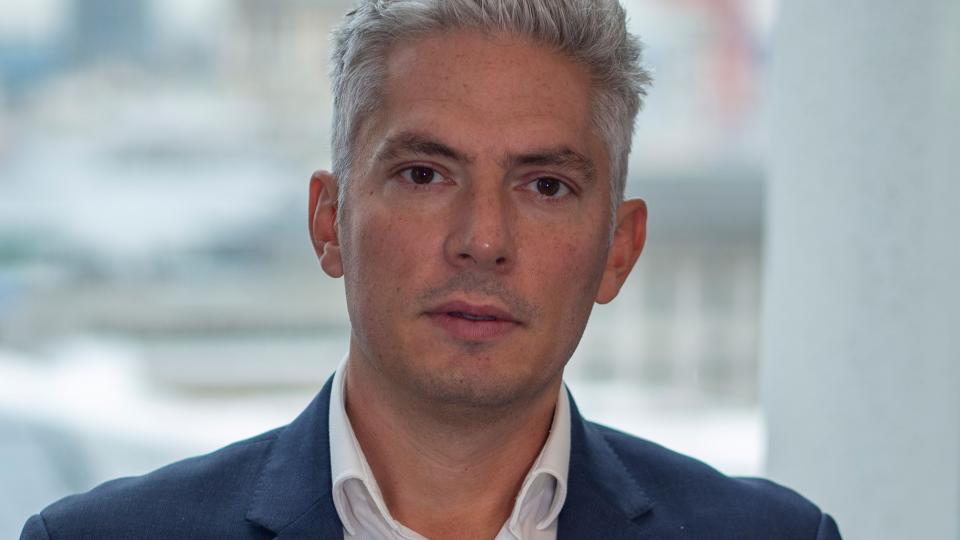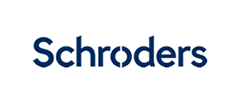
Schroders has today unveiled SISF[1] Sustainable Global Sovereign Bond, a strategy created in response to investor demand for a sustainable global sovereign solution.
The fund[2] aims to provide income and capital growth in excess of its benchmark over a three-to-five year period, investing in global sovereign, government agencies and supranational issuers[3] worldwide within a sustainable framework. It will be managed by Julien Houdain, Head of Global Unconstrained Fixed Income, and James Ringer, Portfolio Manager, with Marcus Jennings as Macro and Sustainability Strategist.
The strategy looks to address three key challenges: lack of clarity in terms of what it means to be a sustainable sovereign; income biases that are associated with country ESG scores and the issue of backward-looking data.
It also provides access to the increasing opportunities in green and sustainability-linked government and government-related bonds, as well as to supranational and agency issuers (particularly multilateral development banks) that play a vital role in sustainable development.
This will be a collaboration between the Schroders Global Unconstrained Fixed Income team and Schroders sustainable investment experts. To ensure a sovereign universe that is investable and sustainable, a three-pillar approach will be implemented with countries that satisfy this criteria making up the universe:
- UN Sustainable Development Goals (SDGs) – Countries are evaluated within their income bracket against their SDG scores, overcoming income bias.
- Net-zero policy - Countries must have a credible net-zero policy in the form of a policy document.
- Democratic and political freedoms – Only countries classified as ‘Free’ or ‘Partly Free’ by Freedom House[4] are considered.
In addition, the strategy aligns with Article 8 criteria[5] and uses Schroders’ detailed country analysis and proprietary sustainable tools to determine a forward looking view of a country’s sustainable progress. The Schroders Sustainability Forum provides additional insight in understanding a country’s sustainable profile and in highlighting sources of sustainable risk.
Julien Houdain, Schroders’ Head of Global Unconstrained Fixed Income and Manager of the SISF Sustainable Global Sovereign Bond fund, said:
“We believe we have come up with a solution to some of the key challenges of sustainable sovereign investing. This is particularly important at a time when global government bond markets are looking increasingly appealing – with signs of inflation peaking and central banks nearing the end of their rate hiking cycles. By anchoring our investment universe in the UN SDGs and committing to a forward-looking transparent approach, we hope this will address a gap for investors in sustainable fixed income investing.“
Marcus Jennings, Schroders Macro and Sustainability Strategist of the SISF Sustainable Global Sovereign Bond fund, comments:
“We’ve carefully designed this strategy to ensure that all countries are judged impartially in terms of sustainable progress. Our methodology aims to mitigate the inherent income bias, where sustainable scores are correlated with a country’s wealth often to the detriment of poorer countries. With clear parameters around E,S and G factors, investors can be clear about our definition of a ‘sustainable’ sovereign.”
------------------
[1] Schroder International Selection Fund
[2] This fund is a transition from the SISF Short Duration Dynamic Bond fund to a new strategy
[3] Supranational bonds are issued by entities formed by two or more central governments to achieve a shared goal, which is often sustainable in nature and aligned to the UN’s 17 Sustainable Development Goals (SDGs).
[4] Freedom House is a non-profit organisation group in Washington, D.C. It is best known for political advocacy surrounding issues of democracy, political freedom, and human rights.
[5] Sustainable Finance Disclosure Regulation (SFDR)



